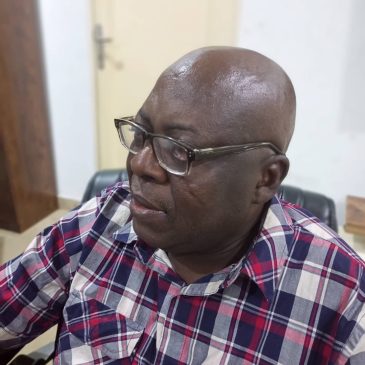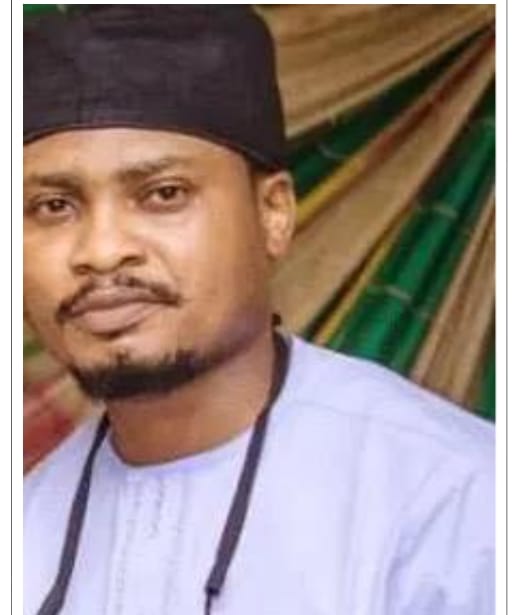By Felix Ofou
On July 11, 2024, the Supreme Court delivered a landmark judgment ostensibly granting what was described as full autonomy to the 774 Local Governments in Nigeria. The apex court also directed that the Federal Government should not release funds to councils without democratic structures, meaning that the chairman and councillors in each LGA must be duly elected to be eligible to access funds from what is known as allocations to the Federation.
The 1999 constitution, which provides for the allocation of revenue accrued to the federal purse, states that funds are to be shared among the federal, states and local governments. But problems arising from the administration of local governments has led to many questioning the propriety of retaining them as the so called third tier of government.
In particular, many have wondered why the federal government which took the 36 states in the country to court has not been able to scrap the joint account been maintained by them for the sharing of monthly allocation from the Federation account. Why is the federal government still sending money to the LGAs through the states?
Most people agree that the joint account between states and local governments has not produced the desired results of bringing government closer to the people. Instead it has resulted in diversion of funds, gross misappropriation of fund, lack of accountability imposition of undesirable projects, neglect and decay of infrastructure and total absence of autonomy.
Except in a few states where the Governors are mindful and have respect for due process, some governors have turned the local governments into a cesspool of corruption, with their minions in charge of the treasury ensuring that the loot is made available at the pleasure of the master.
But, it is saddening that nothing has really changed since the Supreme Court verdict. The Federal government keeps sending money to the local governments through the states, while joint account in the states remain unchanged. Intermittently, there are also reports of the States House of Assembly seeking to assert their constitutional oversight of the councils.
The recent drama which played out in Rivers State further brings to question the concept of local government autonomy. First, was the absurdity of President Bola Ahmed Tinubu appointing chairman and members of the Rivers State Independent Electoral Commission (RSIEC) and conduct of the Local Government election by an appointed sole administrator. How can the local governments be said to be free when the states and federal government can so rapaciously violate the laws which set them up in the first place?
Truth is, we have not come to the reality that local governments in Nigeria exist at the whims and caprices of the Governors and the President. They are mere appendages to be used for state capture and looting of the treasury. Only very few states are spared this convoluted reality.
I am yet to see the reason for including the 774 local governments, which were arbitrarily created by the military, in our constitution. Because that has effectively reduced them to mere vehicles for sharing money, instead of being centres for progress and development. Indeed, most of the local governments were created to satisfy parochial interests and not necessarily because they were needed.
And there is no hope that the constitutional blockades in the constitution will be removed anytime soon. Why should anyone be talking of autonomy when the Constitution expressly provides that money can only get to the councils through the states joint allocation committee? How can we talk about autonomy when the Houses of Assembly have overriding powers to dissolve the leadership of a council?
The Supreme Court ruled that money meant for the local governments in Rivers State should not be released until there was a democratic structure in place in that tier of government. But that order was ignored and the money was released by the federal government as soon as a sole administrator was appointed for the state. What a way to trample on the ruling of the highest court in the country.
Tinubu, as Governor of Lagos State, showed us how the LGAs ought to be working when he created 57 LCD as (Local Community Development and Authority) from the existing 20 LGAs in the constitution. He ran the LCDAs as developments centres and for the distribution of the dividendss of democracy.
This, for me is how it should be. Local governments should be centres for administrative purposes. We should stop pretending that they are independent. And I don’t see this changing anytime soon. This is because the Governors are not likely to release their stranglehold on the LGAs.
We often make the mistake of claiming that the local governments are part of the federating units in Nigeria. Nothing can be further from the truth. Our federalism is mainly based on a two tier system, namely, the federal and the regions, in the First Republic and later the states, by the military.
It was General Olusegun Obasanjo, as Military Head of State, who created the present local government system and arbitrarily foisted it on the polity as a third tier of government. His plan has never worked . It’s not likely to work either. At best, the councils may function as they do now as vehicles for sharing of money only.
My candid advice is that we should be bold enough to take them out of the Constitution. After all, Lagos, Yobe and some other states have embraced the LCDA structure. It should be such that every governor elected into office would determine what structure best fits their plan, just as they are at liberty to create or scrap any ministry.
Unless we are willing to reform the system and remove all constitutional blockades, we may as well forget the idea of local government autonomy. It’s either that or we continue to gropebin the dark since the beginning of the present democratic experience in 1999.
*Felix Ofou, The Southerner
Deja’vu
Thursday, September 18, 2025




